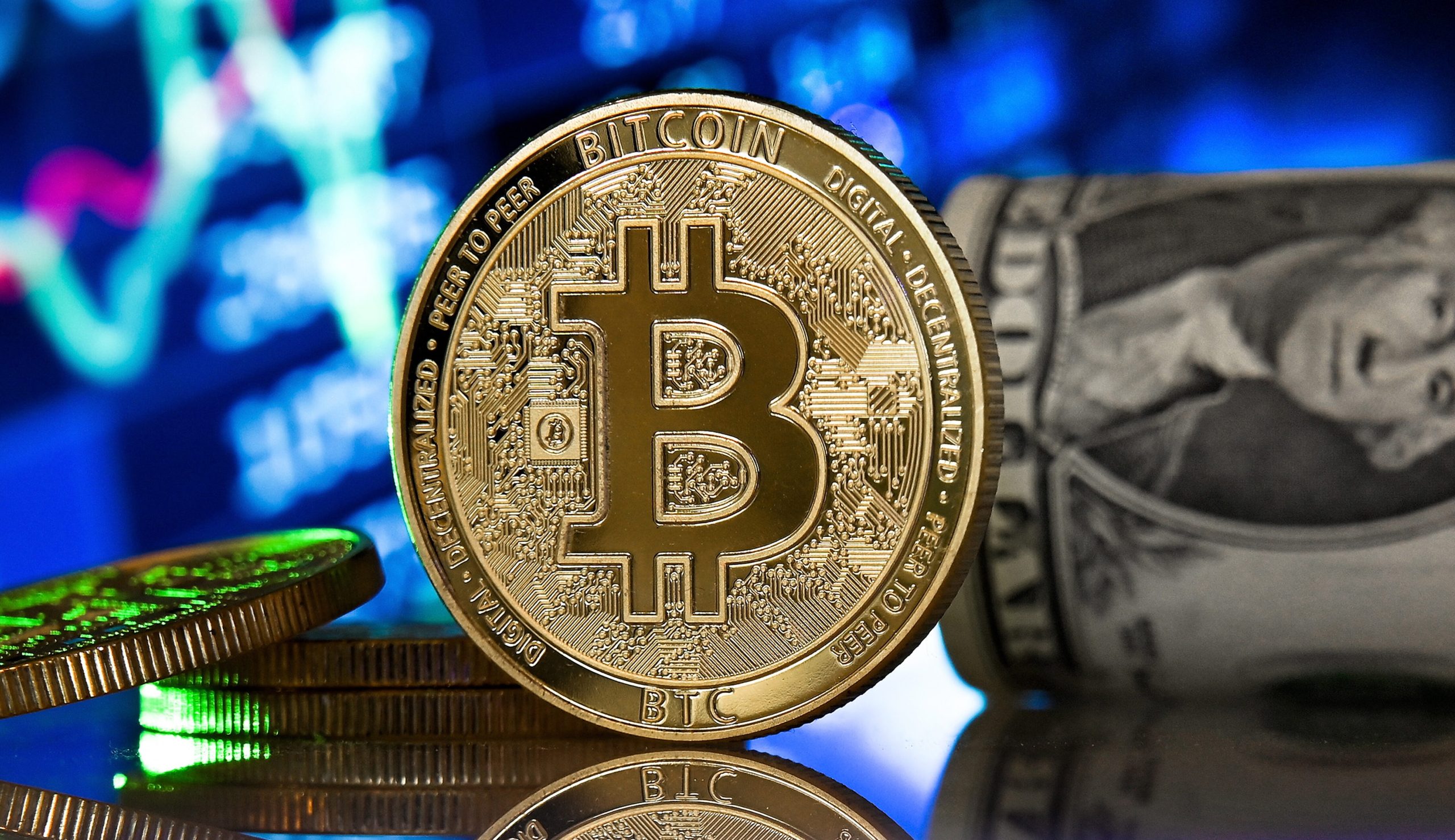Economist Warns U.S. Bitcoin Reserve Could Harm Dollar and Economy
12.11.2024 14:30 2 min. read Alexander Zdravkov
Peter Schiff, a well-known critic of Bitcoin, has strongly opposed the idea of the United States creating a Bitcoin reserve, a proposal gaining traction with the potential re-election of former President Donald Trump.
While some lawmakers and industry leaders support the plan, Schiff warns that it could have disastrous consequences for the U.S. economy.
Schiff has long argued against Bitcoin’s role as an investment asset, and he believes that the U.S. government’s involvement in Bitcoin could trigger a dangerous cycle. He suggests that acquiring 1 million BTC to establish a reserve would initially drive the cryptocurrency’s price to new heights, making early investors extremely wealthy.
However, as these investors sell off their holdings to realize their profits, the price would likely plummet. To stabilize the value, Schiff contends, the government might print more dollars to purchase additional Bitcoin, which would further devalue the U.S. dollar in the process. He argues that this would not only destabilize the dollar but also cause the value of Bitcoin to collapse in the long term.
While Schiff remains critical of the proposal, other figures in the crypto space, including some legislators, view Bitcoin as a viable store of value. This optimism has been fueled by the growing adoption of Bitcoin by institutions like MicroStrategy.
Meanwhile, countries like Bhutan have seen their Bitcoin holdings grow in value, with the price of Bitcoin recently reaching an all-time high of over $85,495. Despite Schiff’s skepticism, Bitcoin’s popularity continues to rise, and the debate about its potential role in government reserves remains a contentious topic.
-
1
Veteran Trader Peter Brandt Shares Simple Wealth Strategy with Bitcoin at Its Core
30.06.2025 15:00 2 min. read -
2
Bitcoin Tops Crypto Social Buzz as $110,000 Milestone Fuels Market Debate
04.07.2025 8:15 3 min. read -
3
Mysterious $8.6B Bitcoin Transfer Sparks Speculation Over Satoshi-Era Wealth
05.07.2025 15:00 3 min. read -
4
10,000 Dormant Bitcoin Moved After 14 Years: Volatility Ahead?
04.07.2025 20:00 2 min. read -
5
UniCredit to Launch Structured Product Tied to BlackRock’s Spot Bitcoin ETF
01.07.2025 17:53 1 min. read
UK to Sell Almost $7B in Seized Bitcoin as Treasury Eyes Crypto Boost
The United Kingdom’s Home Office is preparing to liquidate a massive cache of seized cryptocurrency—at least $7 billion worth of Bitcoin—according to a new report by The Telegraph.
Crypto’s Top Narratives in Focus, According to AI
A fresh breakdown from CoinMarketCap’s AI-powered narrative tracker reveals the four most influential crypto trends currently shaping the market: BTCFi & DePIN, U.S. regulatory breakthroughs, AI agent economies, and real-world asset (RWA) tokenization.
Strategy’s $71B in Bitcoin Now Ranks Among Top 10 S&P 500 Treasuries
Seems like Strategy has officially broken into the top 10 S&P 500 corporate treasuries with its massive $71 billion in Bitcoin holdings—ranking 9th overall and leapfrogging major firms like Exxon, NVIDIA, and PayPal.
How Much Bitcoin You’ll Need to Retire in 2035
A new chart analysis offers a striking projection: how much Bitcoin one would need to retire comfortably by 2035 in different countries—assuming continued BTC price appreciation and 7% inflation adjustment.
-
1
Veteran Trader Peter Brandt Shares Simple Wealth Strategy with Bitcoin at Its Core
30.06.2025 15:00 2 min. read -
2
Bitcoin Tops Crypto Social Buzz as $110,000 Milestone Fuels Market Debate
04.07.2025 8:15 3 min. read -
3
Mysterious $8.6B Bitcoin Transfer Sparks Speculation Over Satoshi-Era Wealth
05.07.2025 15:00 3 min. read -
4
10,000 Dormant Bitcoin Moved After 14 Years: Volatility Ahead?
04.07.2025 20:00 2 min. read -
5
UniCredit to Launch Structured Product Tied to BlackRock’s Spot Bitcoin ETF
01.07.2025 17:53 1 min. read


